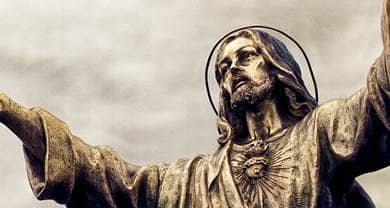- Trending:
- Pope Leo Xiv
- |
- Israel
- |
- Trump
- |
- Social Justice
- |
- Peace
- |
- Love

RELIGION LIBRARY
Lutheran
Gender and Sexuality
Gender roles and views of sexuality, in Lutheranism, mirror the social contexts in which Lutherans live, as they do for all Christians. Like all Protestant denominations, beliefs about gender and sexuality break down not on denominational lines but on conservative/liberal lines. There is not a distinctive Lutheran teaching, and conservative Lutherans have more in common with their conservative Catholic and Protestant colleagues from other denominations than with liberal Lutherans (who, in turn, have more in common with liberal colleagues from other denominations).
Lutheran churches in Europe tend to be quite liberal, working for the equality of women, and not believing homosexuality to be a sin. This is less so in rural than in urban parishes. Some Lutheran churches in the United States began ordaining women to the ministry in 1970. The more conservative Lutheran Church-Missouri Synod still does not ordain women.
On the question of homosexuality, German and Swedish Lutherans allow gay clergy and bless same-sex unions. The Finnish church is divided, but many bishops support the ordination of gay clergy and the blessing of same-sex unions. In the United States, the more liberal Evangelical Lutheran Church in America (the largest Lutheran denomination) ordains gay clergy but expects them to remain celibate. While it is currently studying the issue of homosexuality, it has issued statements affirming the civil rights of gays and lesbians and welcoming them into Lutheran churches. But the ELCA does not at this time bless same-sex unions, or ordain non-celibate gay clergy. The Lutheran Church-Missouri Synod believes that homosexuality is clearly condemned in scripture. They do not ordain gay clergy or bless same sex unions.










